In many cases, diabetes is legally recognized as a disability. However, not everyone with diabetes automatically qualifies. It depends on how much the condition affects your daily life, work, and overall functioning. If diabetes limits your ability to perform basic activities or causes serious complications, it can meet the legal definition of a disability.
Understanding Diabetes and Its Daily Challenges
When you think of diabetes, you may imagine needing to inject insulin or watch your diet. But the full picture goes deeper. People with diabetes face daily challenges that many do not see.
The Reality of Living With Diabetes
You may test your blood sugar (glucose) many times a day. You may feel shaky or dizzy when sugar levels drop (hypoglycemia). You may feel tired, very thirsty, or notice blurry vision when sugar is too high (hyperglycemia). Over time, diabetes can harm organs like the eyes, kidneys, nerves, heart, and feet. These complications make daily tasks harder.
For instance, Jane has type 1 diabetes. She wakes up in the night because her sugar has fallen, and she must eat. She misses sleep and then finds it hard to concentrate at work. That is a real-life example of how diabetes can limit daily life.
Type 1 Versus Type 2 Diabetes — What’s the Difference?
Type 1 diabetes occurs when the body’s immune system attacks insulin-making cells, so you must take insulin every day. Type 2 diabetes happens when the body resists insulin or does not make enough. Many people with type 2 control it through diet, exercise, or pills. But both types can lead to complications.
Even well-controlled type 2 can lead to nerve pain, kidney issues, or vision trouble. These side effects can affect your ability to work, move, or care for yourself.
So, Is Diabetes Considered a Disability?
Diabetes is not always a disability. But under many conditions, yes. Laws look not just at diagnosis but at how much your life is limited.
Legal Definitions of Disability
Different regions define disability by laws. For example, many laws say a disability is a medical condition that limits one or more “major life activities”, things like working, learning, caring for yourself, or moving around. The law checks whether a condition is mild or severe, temporary or long-term.
If your diabetes reduces your ability to perform such activities, it may meet the definition.
When Diabetes Qualifies as a Disability
Your diabetes qualifies as a disability if it significantly limits daily life or work. Examples include: needing frequent medical visits, having unpredictable blood sugar swings, needing help because of complications, or losing vision or hearing due to diabetes.
If you cannot do your job because of low sugar episodes or hospitalizations, that suggests disability. If you have nerve damage in your foot and you cannot walk steadily, that also suggests disability.
When It May Not Qualify
If you manage diabetes with diet, pills, or insulin, without serious complications, you might not qualify. If your condition does not interfere with major life tasks, then legally it might not count. Some protections still apply when you use insulin or medicines, even if a full “disability” status does not.
Legal Protection for People Living With Diabetes
Just because your diabetes might not always be classified as a disability does not mean you lack rights. You still have protections under many laws.
Workplace Rights and Reasonable Accommodation
You can ask your employer for reasonable accommodation , changes so you can perform your job. For instance, breaks to test sugar, space to store insulin, or time for medical appointments. If your diabetes limits your work pace, your employer may adjust your schedule.
You do not need to ask for more than reasonable changes. The goal is to let you do your job safely and fairly.
Protection From Discrimination
Laws often forbid discrimination based on medical condition. That means your employer or school cannot reject you or punish you because you have diabetes. They cannot treat you worse if you need insulin or medical care.
Even if your diabetes does not reach full disability status, you can still claim rights if you need medicine or minor help.
Managing Diabetes Stigma at Work or School
Sometimes people misunderstand diabetes. Others may assume you are lazy or careless. You can reduce stigma by sharing facts: that managing diabetes is work. You can keep your condition private or choose who knows. Having a plan for emergencies or accommodation helps others feel safe and respected.
Qualifying for Diabetes Disability Benefits
If your diabetes limits your ability to work or carry out daily tasks severely, you may seek diabetes disability benefits.
When Can You Apply for Benefits?
You can apply when your condition stops you from working full-time for an extended period (often months or a year, depending on the law). Temporary or mild periods probably will not qualify. You must show proof that your diabetes and its complications create a sustained limit.
Common Eligibility Factors
Authorities check your medical records, test results, doctor notes, treatment history, age, and work history. They see whether treatment helps, but still has limits. They ask if you can do any work, not just your previous job.
Required Documentation
You need detailed medical proof. Doctor notes should state how diabetes limits work or daily life. You should include lab tests (blood sugar logs, A1C tests), hospital records, complication records (eye exams, kidney tests), and lists of medications. You may also need a personal statement about how your life is affected.
How to Apply for Diabetes Disability Benefits
Knowing the rules is one thing; applying takes care and strategy.
Step-by-Step Application Process
- Gather all medical records and test results.
- Get a detailed note from your healthcare provider explaining limitations.
- Fill out the formal application forms from the disability agency.
- Submit forms and records on time.
- Watch for requests for more information and respond quickly.
Keep copies of everything you send. Track your submission date.
Types of Benefits You Can Get
You may receive monthly financial payments, medical coverage, support for training or job placement, and sometimes help for daily living (home support). The types vary by program and country.
Tips for a Successful Application
- Be clear and truthful about limitations
- Use specific examples of how diabetes affects you
- Include test data and doctor statements
- Ask for help from disability advocates or lawyers
- Avoid vague language; state precisely what you cannot do
Talking to Your Healthcare Provider Before You Apply
Your doctor will be central to your application.
Why Medical Guidance Is Key
Your provider can document how your diabetes limits you. Their notes carry authority. They can also guide treatment that may reduce limiting effects.
What to Discuss
Ask your doctor to explain how diabetes affects your ability to work, move, or care for yourself. Request specifics on complications, side effects, and how often symptoms occur. Ask them to use everyday terms, so your documentation is easy to understand.
Tax Benefits and Financial Support for People With Diabetes
Apart from disability benefits, you may qualify for tax relief or subsidies.
Can You Get a Tax Credit or Deduction?
Many jurisdictions let people deduct medical costs, such as insulin, testing supplies, doctor visits, and travel to clinics. Some offer special credits for chronic illness. Always check your local tax rules or consult a tax expert.
Diabetes as a Chronic Medical Expense Category
Diabetes often qualifies as a “chronic disease” for medical deductions. Keep all bills, receipts, and insurance claims. Organize them so when tax season arrives, you can present clear evidence of your expenses.
Life Beyond Labels — Managing Diabetes With Dignity
A label does not define your worth. You can live fully, pursue goals, and enjoy daily life. Managing diabetes well and having good support matter more than rules. You deserve respect, privacy, and empathy. Focus on health, balance, and what you can do. Build a strong support circle.
FAQs
Is diabetes considered a disability legally?
Yes. If it significantly limits major life tasks like working or caring for yourself, then diabetes may be legally seen as a disability under many laws.
Is type one diabetes a disability under the ADA?
Yes. When type 1 diabetes requires daily insulin and causes limits, it typically qualifies as a disability under many protections.
Is type 2 diabetes a disability if it’s controlled with medication?
It depends. If your type 2 diabetes is well-controlled and does not limit you, you may not meet disability rules. If complications or limits exist, it can count.
Can you get disability benefits for diabetes complications?
Yes. Benefits often become available when complications, like kidney failure, vision loss, or nerve damage, limit your capacity to work or live independently.
What are your workplace rights if you have diabetes?
You have the right to ask for reasonable changes, like breaks, schedule shifts, or insulin storage. Your employer must not discriminate against you for having diabetes.
Does India (or your country) provide tax benefits for diabetics?
In many countries (including India), medical costs related to diabetes may be deductible or receive tax support. Check your country’s tax laws for specific benefits.
How do I apply for diabetes disability benefits?
Collect your medical records, get your doctor’s detailed note, fill out the application, send all documents, follow up, and seek help if needed.


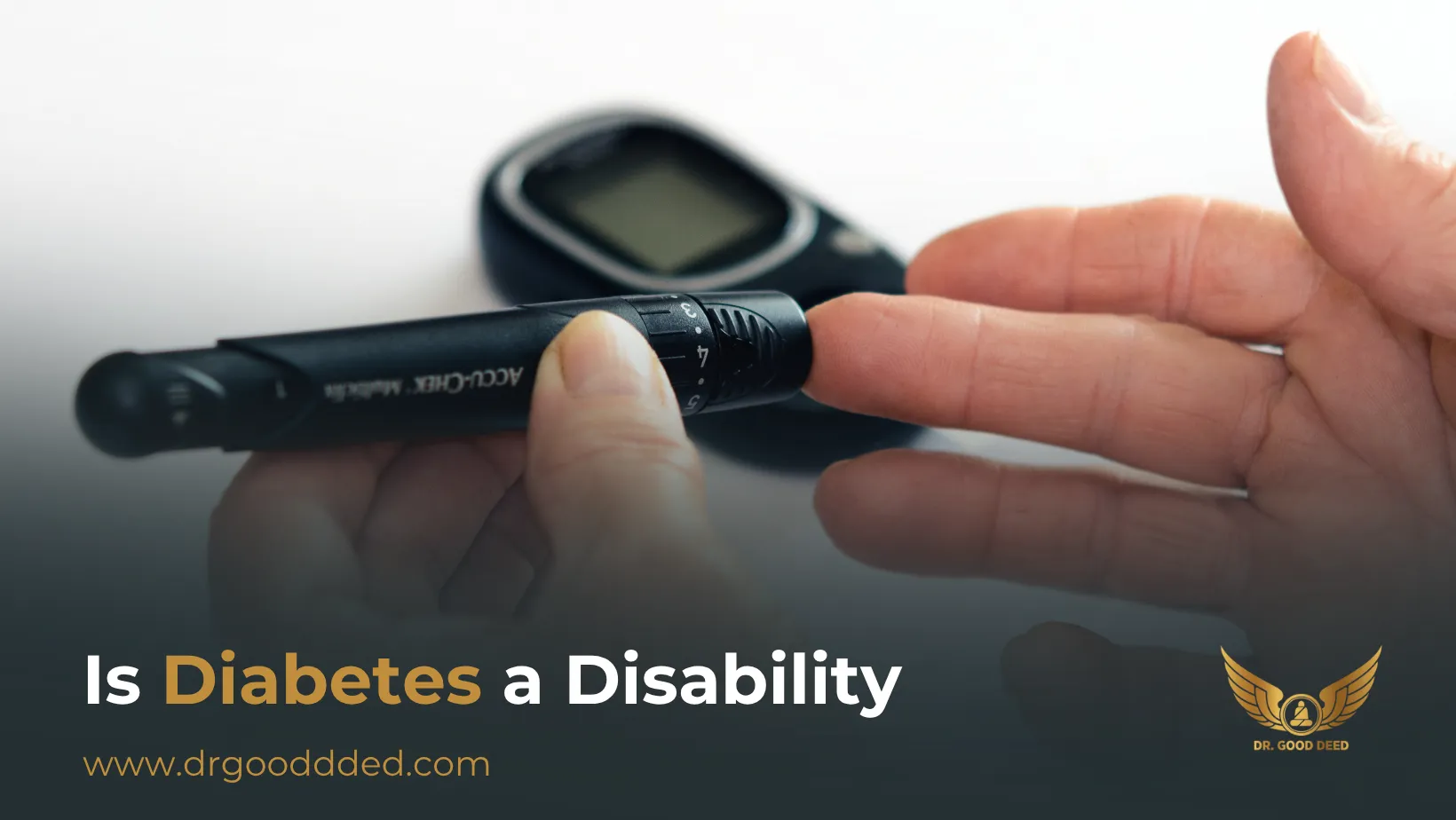


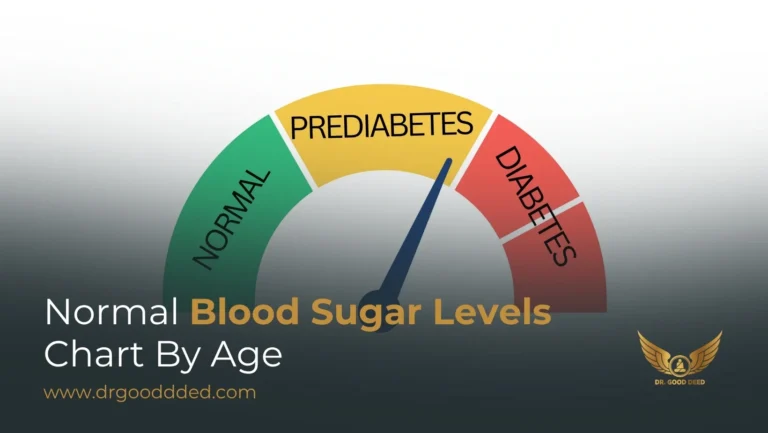
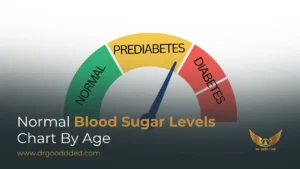
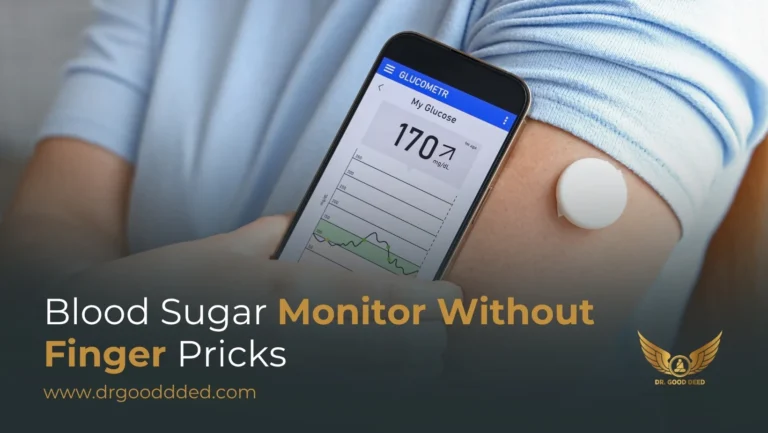
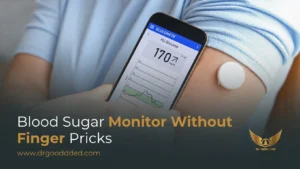
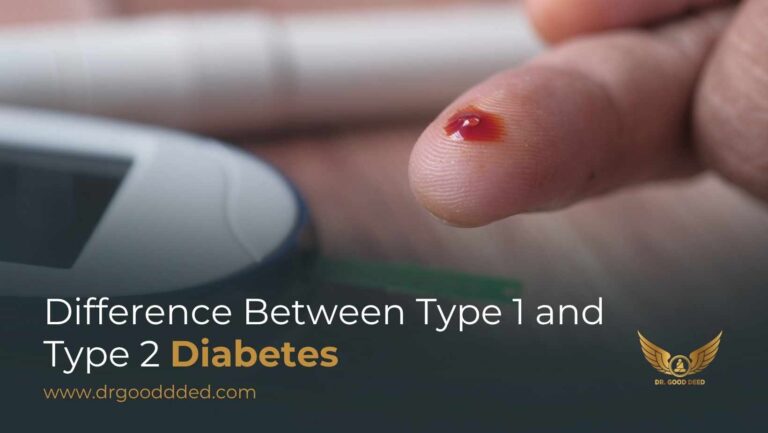






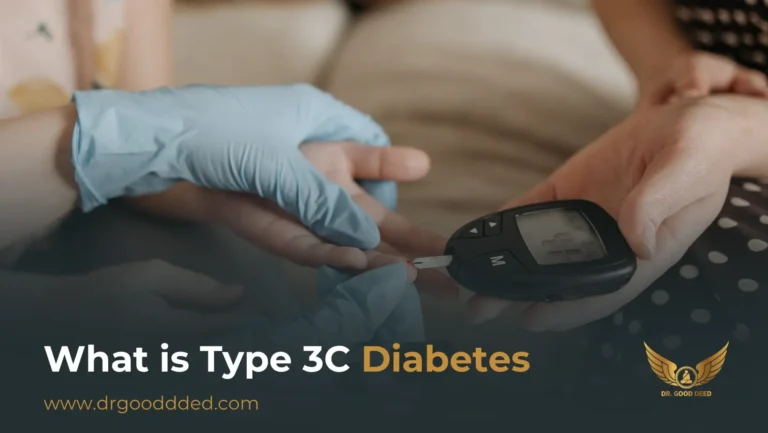

Leave a Comment